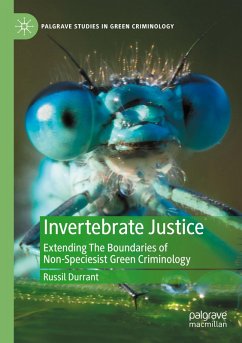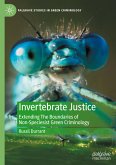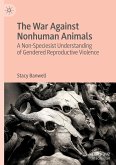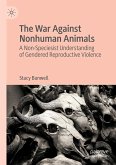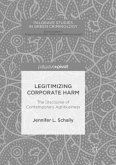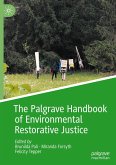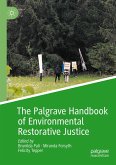Invertebrates are the neglected majority of the animal world. Even though they make up over 95% of animal life, they rarely feature in discussions of speciesism, animal ethics or species justice. This book aims to extend the work of non-speciesist criminologists to argue for the idea of 'invertebrate justice'. Utilizing green criminologist Rob White's (2013) eco-justice perspective, the book demonstrates how our interactions with invertebrate species (insects, crustaceans, molluscs and so forth) cause a significant amount of harm to those animals themselves (species justice), the ecosystems in which they are embedded (ecological justice), and ultimately to humans (environmental justice). Across three sections, it provides an overview of the ways in which humans and invertebrates interact across a diverse range of contexts and reviews the literature on both invertebrate biodiversity and invertebrate sentience; builds a theoretical framework that can help us understand what invertebrate justice might mean; and tackles the difficult question of how best we can promote invertebrate justice in the future. It appeals to academics, environmental scientists, activists and policymakers.
"The premise of this excellent book by Durrant (Victoria Univ. of Wellington, New Zealand) is that many invertebrate species are likely to be sentient they have the capacity for subjectively felt experiences and hence should be considered to have at least some moral standing. Non-speciesist criminology has needed a book like this for quite some time. It is a major and highly original contribution. Highly recommended. Advanced undergraduates through faculty " (P. Beirne, emeritus, Choice, Vol. 62 (9), 2025)

